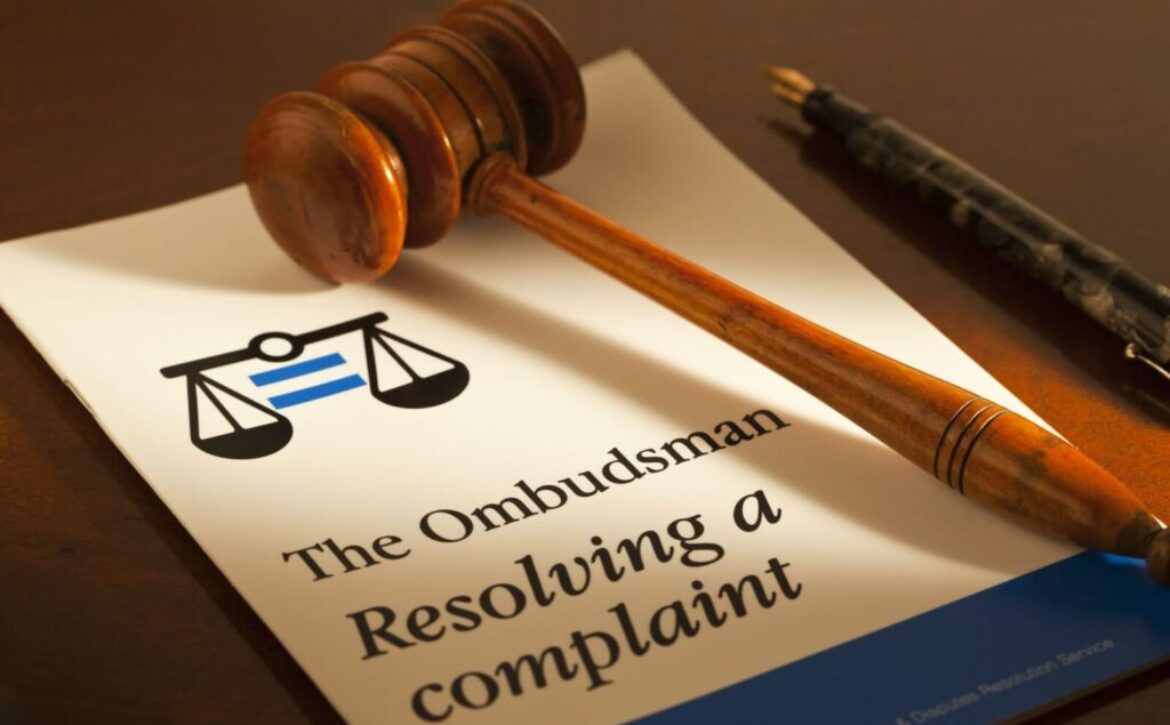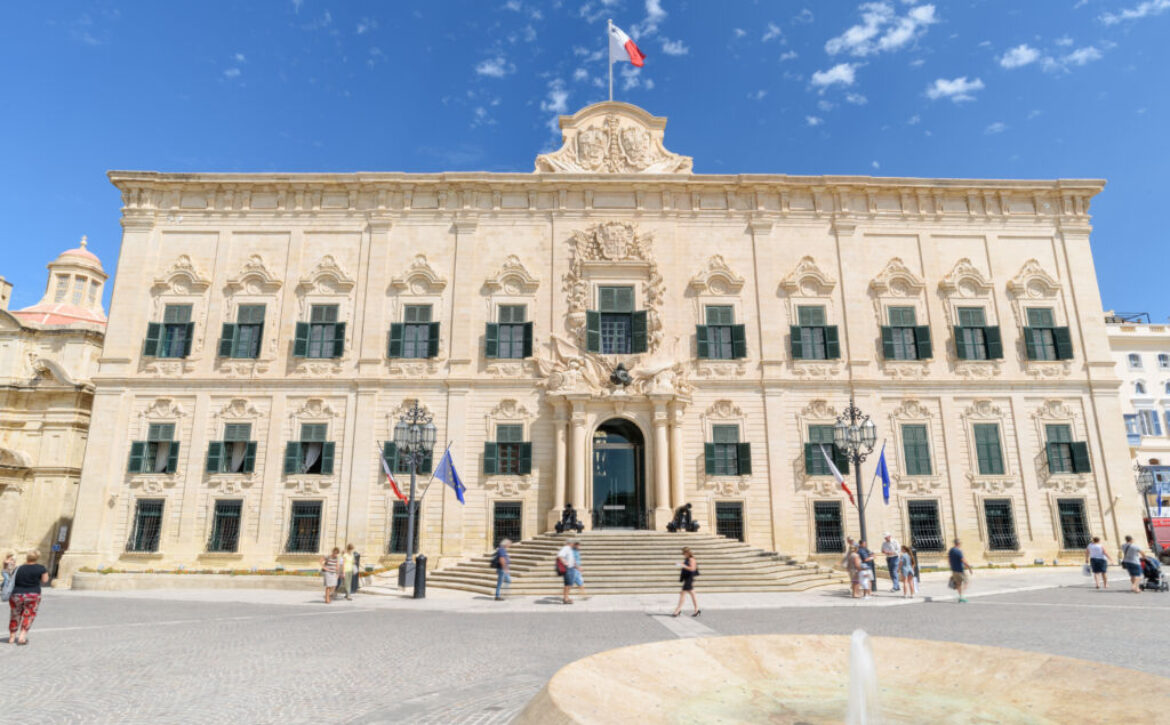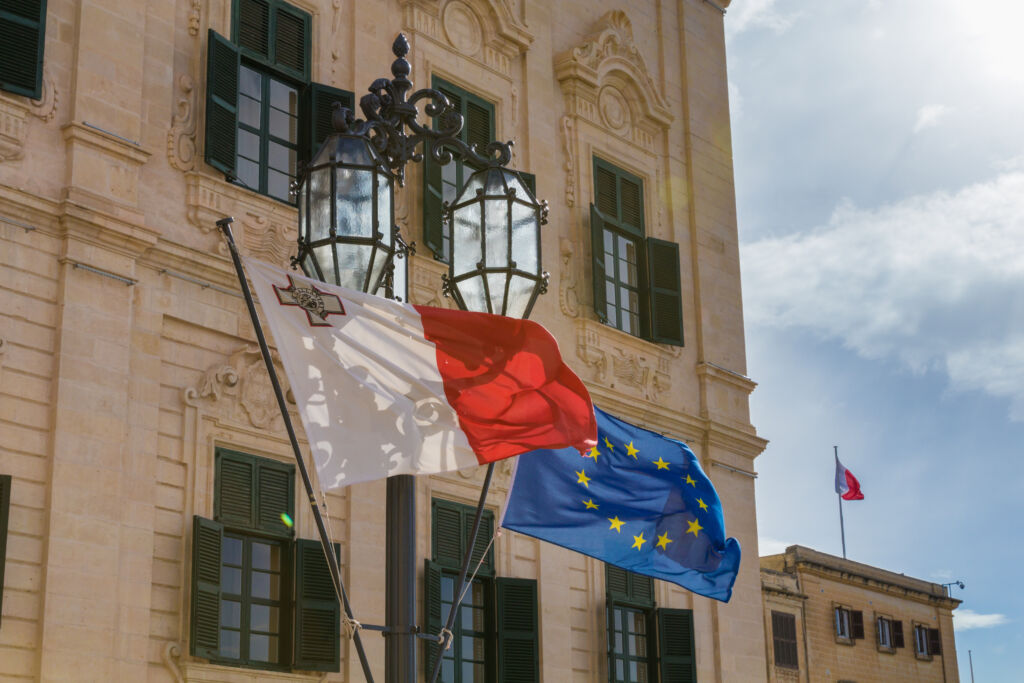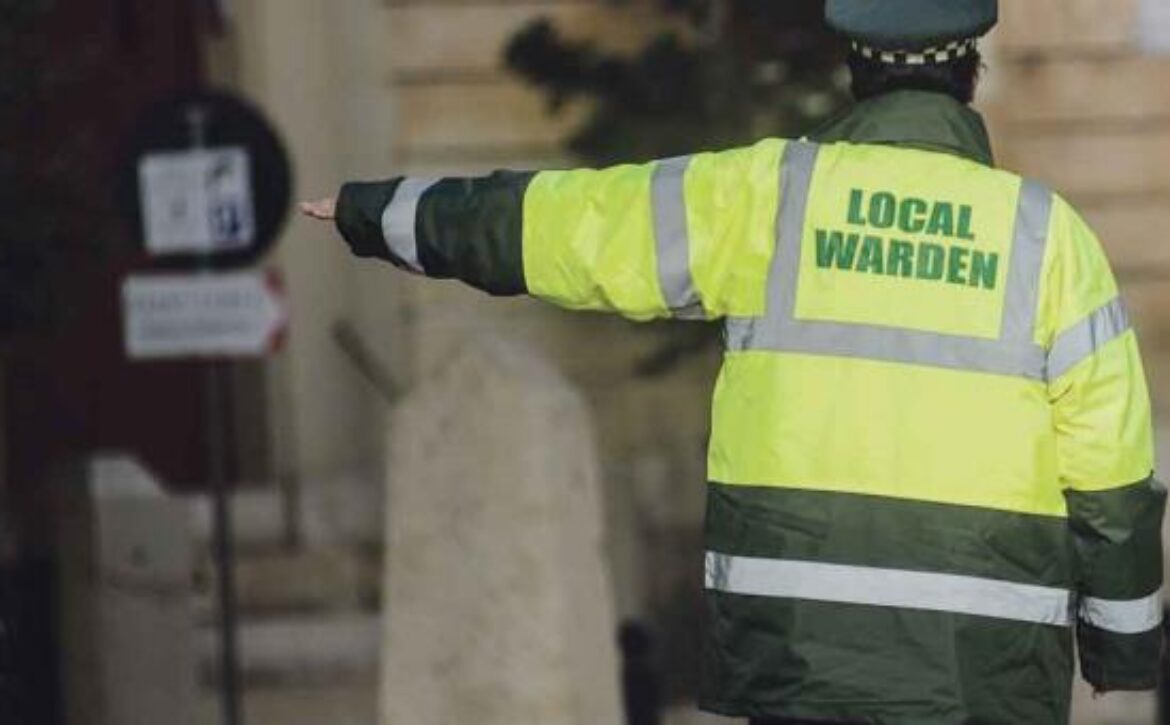Why do we separate our waste?
When we think to get rid of the various objects or materials that we no longer need, it is very important that these are intelligently separated. Many are those who still can’t understand the importance of the concept of this process and ask ‘Why do we need to separate our wastes’?
The reply is quite simple; the waste that is generated and not wisely separated ends up in our landfills which our country no longer has space for. This is something that we have to take care of as long as we don’t want to end up with the remaining agricultural land that we have be taken up to store tons of waste which could easily be used as a resource. One must also mention the fact how tons of untreated waste in our landfills would, during the decomposition process release toxic gases over the years. These gases are by far more dangerous than those emitted from our vehicles. One must understand that this is a main cause of climate change, the effect of which we are presently experiencing.
If we are to properly understand which waste could be recycled and thus increase the recycling process according to the product waste- stream, we would ensure that our generation and that of our children would have the possibility to live a decent life on this planet on which our existence is somehow very limited. Many would argue ‘What difference would I make if I recycle my own little bit?’ If we all decide to reason in this manner then nobody would make an effort to increase the dose of the present recycling quantity.
It seems that Maltese citizens obey the law because otherwise they be punished. Yes, there are a number of responsible individuals who would ensure that the waste generated by his own household would be properly recycled. However, this recycling practice is still being carried out sporadically; this is mainly due to the fact that our country has not actually enforced waste separation. Civil behaviour is practiced by the few.
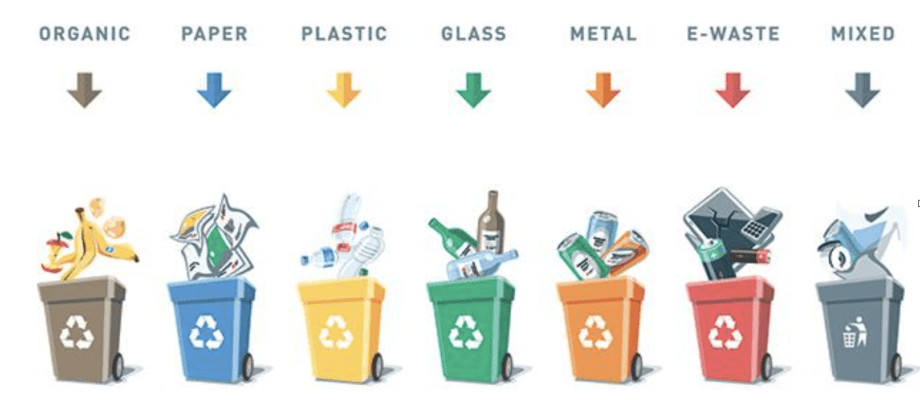
If and when everybody makes an effort to instead of putting everything in one bag we start wisely separating plastic, paper, metal and other mixed waste, we would start seeing the effect of our efforts much faster.
Commenting upon the latest rumours that when the government would stop the schemes of giving away free of charge the green and grey bags, some will opt to stop recycling, I would say that this is sheer nonsense and a massive irresponsibility.
Whatever colour of the garbage bag we use, we normally consume one bag per day for our waste needs thus bringing the weekly consumption of bags per family up to six bags per family. Since we normally consume one bag per day, it does not actually make a difference whether we need to pay for our bags or whether they come free of charge. If the black bags come in a pack of twenty pieces, then this would last 4 weeks instead of 3 since on the other days we would be using different bags for different waste.
The Government has to intervene to ensure that our country acts more responsibly by enforcing a mandatory approach where each resident has to separate waste. This constitutes a long educational campaign followed by a strong framework, ample human resources within the Local Councils and full enforcement which gives waste separation total priority. Competent authorities should avoid working in isolation and must pool in competent resources to ensure effective enforcement; this should be carried out hand in hand with the Local Councils who must ensure that they have ample staff to act against those who refuse to abide by the law.
The country cannot implement similar measures if abuse is not curbed however; we cannot prolong the waiting time to have some measures in place until the necessary enforcement is up and running. Our country cannot prolong this process; our people cannot just ignore this irresponsible behaviour
We are obliged to ensure that we offer the best possible services and opportunities to our residents to help them dispose of their waste in the best possible manner; the handholding period is now over.
The outcome and the consequences of the toing and froing of previous governments is well known. This is a reformist government who is not afraid to implement the necessary changes. This sector deserves its importance and priorities and should be at the forefront of the changes that need to take place.
We are faced with a problem or rather a challenge that if handled collectively could be changed in an opportunity. The thought of carrying out future projects is interesting however we first have to tackle the basic matters. The most basic and the most important is that we ensure that our residents are geared up into the waste separation process in the most effective manner.
Let’s take the bull by the horn and proceed in the same direction without further delay. This process already forms part of the country’s waste management vision which we now need to implement. Let us all understand that everyone’s little contribution towards this initiative is highly beneficial and that we have to ensure that our planet is passed on to our future generations in the best possible state.
We all state that our children are our most valuable asset however, if this statement is measured against how we actually take care of our waste management, I have my doubts on its relevance.
Let’s be part of this change together.
Mario Fava
President

